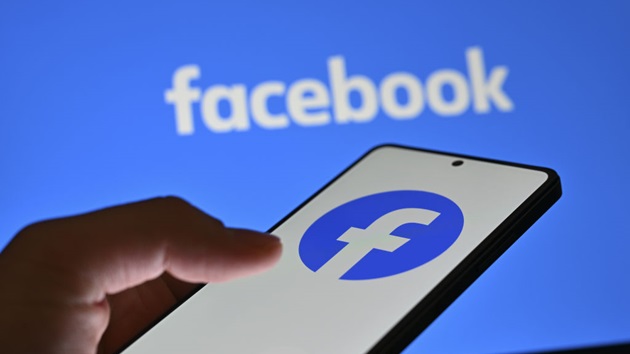(WASHINGTON) — The Supreme Court on Tuesday wrestled with where to draw the line when it comes to the personal social media accounts of government workers and steps to censor comments or block access for certain individual users.
In a pair of cases, citizens who were restricted online by local officials sued them for an alleged violation of their First Amendment right to free speech. But the officials insist their online pages are personal property, not part of their official duties, and not public forums.
“This is a case where there are First Amendment interests on both sides,” said Justice Elena Kagan, citing the need to protect the private speech of government employees but also preserve the ability of citizens to access their government.
It’s a high-stakes balancing act in a digital age in which public officials increasingly rely on social media to engage with members of the public via their official accounts — but also desire to maintain personal online accounts that they can fully control.
Constitutional protections for free speech govern official conduct and limit government employees’ ability to silence certain commentary in the public square, but those protections do not generally extend to private conduct or property.
During more than three hours of oral arguments, the justices were divided over how to decide when a government employee’s personally-owned social media activity can be treated as an official action.
Several suggested it would only occur when officials were “doing their jobs” — not just posting about their jobs — on their personal accounts.
“Why isn’t all of Facebook the equivalent of running into someone at the grocery store, unless, on that personal page, you’re announcing some governmental rule or some official notice?” asked Justice Brett Kavanaugh.
Justice Sonia Sotomayor said that measure would “not be adequate at all,” since many public officials say they are “on duty 24 hours a day.”
“If they are, during that 24 hours, creating themselves and posting [to] Facebook and doing all of the communications they’re doing, why isn’t that state action?” she said.
Justice Samuel Alito suggested the appearance of an official’s page — whether it gives the impression of a government-sanctioned site — should be taken into account, even if it is personally owned or created.
“What if something that looks an awful lot like an official event but is not labeled as such is held on private property?” Alito wondered aloud.
Chief Justice John Roberts said “one clear rule” could be to draw the line on the wider availability of the information that is communicated on a personal page.
“If it’s the only place they can go and you’re talking about governmental activities [and] that’s the place to go, that’s government speech,” Roberts said. “In other words, here, perhaps the significant characteristic is that there wasn’t any other place to go.”
Justice Ketanji Brown Jackson suggested the onus should be on public employees to make clear whether their social media accounts are personal or official.
“Why should they get to choose whether or not they’re doing one or the other without, say, making a clear disclaimer or making it clear to people that this is actually happening in their personal capacity?” she asked.
In one case, California school board members deleted comments from disgruntled parents and blocked their access to message boards.
Another case involves a Michigan city manager who deleted criticism from a resident during the COVID-19 pandemic and blocked his access to write future comments.
The officials in both cases argued that the accounts were personally-owned and not maintained as part of their job responsibilities.
The high court dispute mirrors a 2017 case between then-President Donald Trump and seven people he blocked from accessing his personal profile on then-Twitter. A federal appeals court sided with the Trump critics, saying that the president’s account was cloaked in official business and that the blocks amounted to a violation of the users’ civil rights.
Trump “seemed to be doing a lot of government business on his Twitter account,” posited Kagan on Tuesday. “It was an important part of his authority, and to cut off citizens would cut them off from their government.”
“People don’t have a right to access other people’s personal property,” replied Hashim Moopan, an attorney representing the California school board members.
The court is expected to hand down a decision in the cases by next June.
Copyright © 2023, ABC Audio. All rights reserved.












